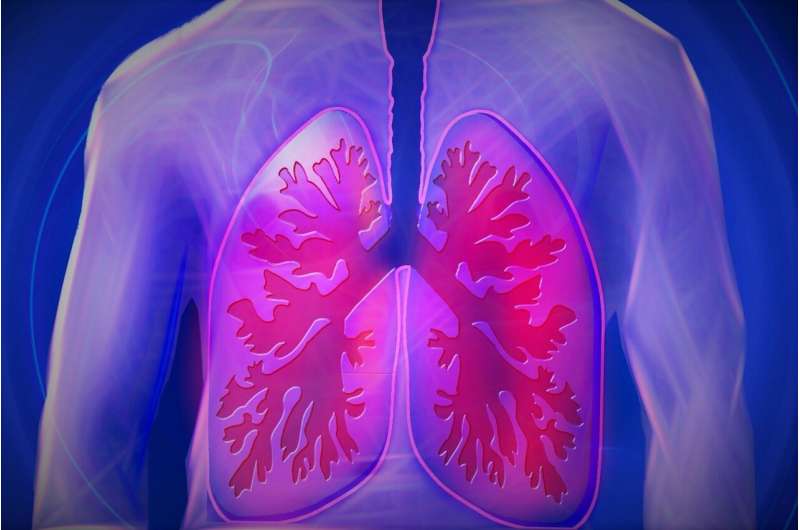Promising Results in First Human Trial of Targeted Therapy for Relapsed Small Cell Lung Cancer

A Phase I study showcases promising safety and efficacy data of SHR-4849, a targeted antibody-drug conjugate, in relapsed small cell lung cancer patients, paving the way for further clinical development.
A groundbreaking Phase I human clinical trial has demonstrated encouraging safety and efficacy signals for SHR-4849 (IDE849), a novel antibody-drug conjugate (ADC) targeting DLL3, in patients with relapsed small cell lung cancer (SCLC). The study was presented at the 2025 World Conference on Lung Cancer by the International Association for the Study of Lung Cancer.
SHR-4849 is designed to specifically target DLL3, a protein highly expressed on SCLC cells. It combines a humanized anti-DLL3 IgG1 monoclonal antibody with a DNA topoisomerase I inhibitor, linked via a cleavable connector, aiming to deliver cytotoxic agents directly to cancer cells while minimizing effects on healthy tissue.
Involving 54 patients across five dosage levels from 0.8 to 4.2 mg/kg, the trial showed an objective response rate (ORR) of nearly 60% among 42 evaluable patients, with a disease control rate of over 90%. Notably, the ORR was 69.2% in patients with at least 12 weeks of follow-up, rising to 77.8% at the 2.4 mg/kg dose.
Safety profiles were manageable, with the most common side effects including decreased white blood cell count, anemia, neutropenia, and nausea. Importantly, no adverse events related to the treatment resulted in discontinuation or death. The study observed low plasma exposure to free toxin, indicating limited systemic toxicity.
The research utilized a dose-escalation approach, revealing promising early efficacy and good tolerability at different dose levels. Ongoing expansion will help establish the optimal dose for Phase II trials. Future studies aim to further validate SHR-4849's potential as a targeted therapy for DLL3-positive relapsed SCLC.
Dr. Linlin Wang from Shandong First Medical University emphasized the importance of these findings, stating, "These initial data support continued development of SHR-4849 as a promising treatment for patients with limited options and DLL3-positive relapsed small cell lung cancer."
This study adds to the growing field of targeted treatments for SCLC, a cancer known for its aggressive nature and poor response to conventional therapies. With further development, SHR-4849 could become a vital option for patients with relapsed disease.
Source: https://medicalxpress.com/news/2025-09-human-trial-results-antibody-drug.html
Stay Updated with Mia's Feed
Get the latest health & wellness insights delivered straight to your inbox.
Related Articles
Advanced High-Density Neural Probe Unveils Distinctive Electrical Signatures of Brain Cells in Behavior Studies
A new high-density brain probe, Neuropixels Ultra, allows scientists to record and distinguish electrical activity of thousands of neurons across brain regions, enhancing our understanding of neural circuits involved in behavior.
Climate Change and Its Rising Impact on Pregnancy Health Risks
A new study reveals that climate change significantly raises the risk of heat-related pregnancy complications worldwide, emphasizing the need for targeted public health and climate policies.
Navigating Challenges in Accessing the Updated COVID-19 Vaccines in 2025
Many people face new obstacles in accessing the updated COVID-19 vaccines in 2025, with changing regulations and logistical challenges impacting vaccination efforts across the country.



